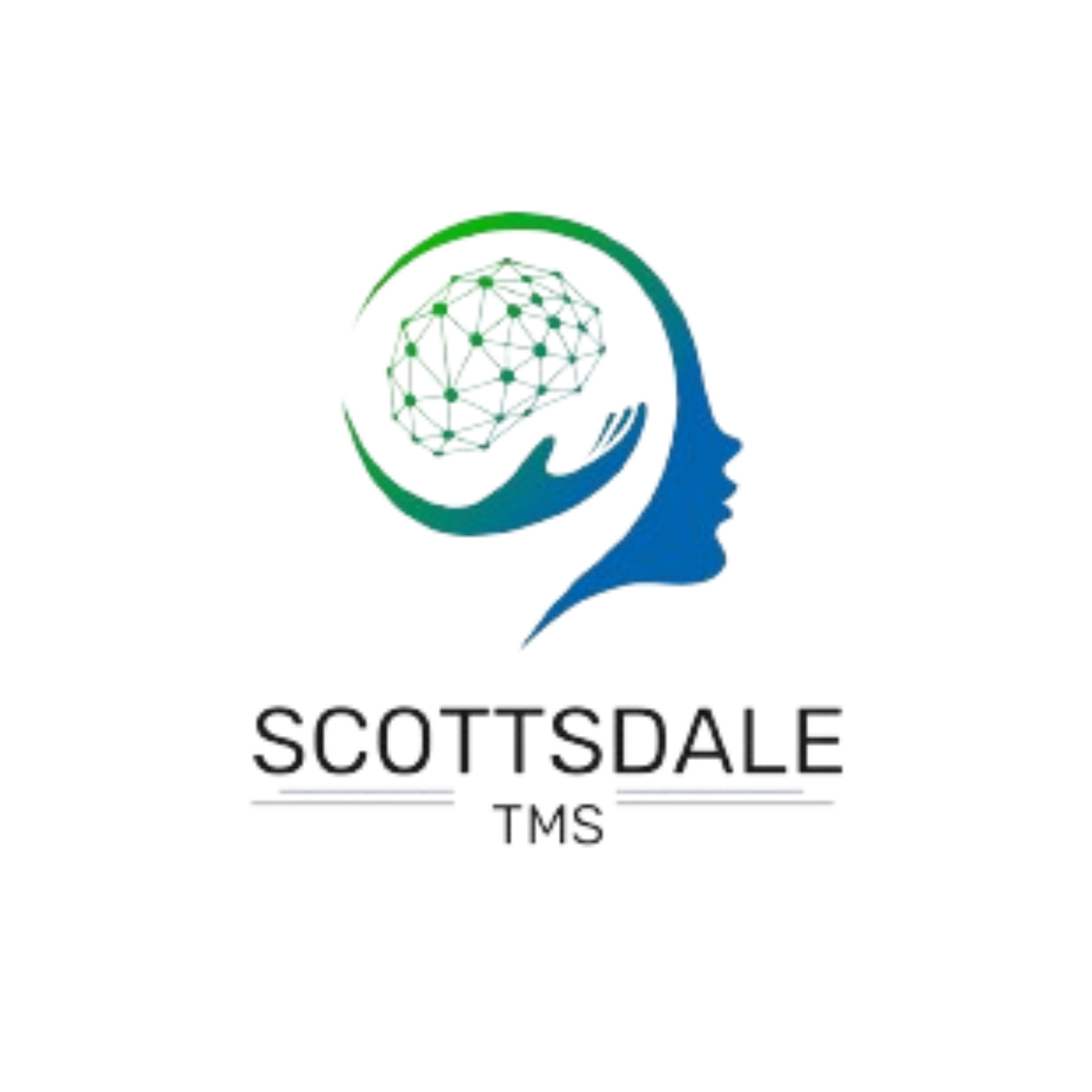Transcranial Magnetic Stimulation (TMS) has emerged as a promising, FDA-approved treatment option for individuals struggling with treatment-resistant depression and other mental health conditions.
If you or a loved one has not found relief through antidepressant medication or psychotherapy, you may wonder: Who is a candidate for TMS therapy?
Questions Answered in This Article:
Our Alcohol Addiction Treatment Programs

Scottsdale Rehab
Luxury Personalized Rehab

Hart Rehab
Holistic Luxury Personalized Rehab

Scottsdale Detox
Luxury Medical Detox
What is Transcranial Magnetic Stimulation (TMS)?
TMS is a noninvasive brain stimulation therapy. It involves placing a magnetic coil against the scalp, usually over the left prefrontal cortex. This coil sends magnetic fields into the brain to stimulate underactive nerve cells that contribute to depressive symptoms.
The Food and Drug Administration (FDA) has approved TMS for:
- Treatment of major depressive disorder (MDD)
- Obsessive-compulsive disorder (OCD)
TMS is often considered after other treatments, such as antidepressant medication or electroconvulsive therapy (ECT), have failed. Unlike electroconvulsive therapy (ECT), TMS does not require anesthesia or induce seizures, making it a safer and more comfortable option for many patients.
Who is a Candidate for TMS Therapy?
TMS offers hope for those who continue to suffer from persistent depressive symptoms despite these efforts. Ideal TMS therapy candidates include:
1. Adults with Major Depressive Disorder
TMS therapy candidates must usually have a clinical diagnosis of MDD. It is most commonly used in adults aged 18 and older.
2. People with Treatment-Resistant Depression
If you have tried two or more types of antidepressant medication without improvement, you may have treatment-resistant depression. TMS is often recommended for this group. It’s a treatment option that doesn’t involve drugs or anesthesia.
3. Patients With OCD
TMS is also FDA-approved for adults with obsessive-compulsive disorder (OCD). Candidates typically have not responded to at least one medication and cognitive behavioral therapy.
TMS Therapy Eligibility Criteria
Medical and Psychiatric Evaluation
Determining if you are a candidate for TMS begins with a thorough medical and psychiatric assessment. This evaluation reviews your diagnosis, treatment history, and overall health to ensure TMS is appropriate and safe.
Key Eligibility Requirements
Diagnosis: Confirmed major depressive disorder or OCD, typically diagnosed by a psychiatrist or qualified mental health professional.
- Age: Generally, candidates are adults aged 18 and older.
- Treatment History: Evidence of treatment-resistant depression, meaning inadequate response to two or more antidepressant medication trials.
- Mental Health Condition Stability: Candidates should not have active psychosis or severe suicidal ideation requiring immediate intervention.
Contraindications for TMS Therapy
Certain conditions may exclude individuals from being candidates for TMS therapy:
- Metal implants: Presence of metal implants near the head, such as cochlear implants, aneurysm clips, or deep brain stimulators, can interfere with the magnetic fields and pose safety risks.
- Seizure disorders: A history of epilepsy or seizures may increase the risk of adverse effects.
- Pregnancy: While not an absolute contraindication, pregnant women should discuss risks and benefits with their healthcare provider.
What to Expect During TMS Treatment
TMS usually involves daily treatment sessions five days a week. A typical course lasts four to six weeks.
During each session:
- You sit in a chair while a technician places the magnetic coil on your head.
- The device sends magnetic fields into specific areas of your brain.
- The session lasts about 20 to 40 minutes.
There is no need for sedation or recovery time. You can return to normal activities after each visit. While this treatment is well-tolerated by patients, some may experience scalp discomfort, headaches, lightheadedness, and tingling sensations.
Finding Help and Treatment
TMS is an exciting treatment option for people struggling with depressive symptoms that don’t respond to medication. If you have treatment-resistant depression, or if you cannot tolerate medication side effects, you may be a strong candidate.
However, TMS therapy eligibility depends on many factors, including your health history, current medications, and the presence of metal implants.
If you think you may qualify, talk to your doctor or a mental health specialist. They can assess whether transcranial magnetic stimulation (TMS) is a good fit for your needs.

